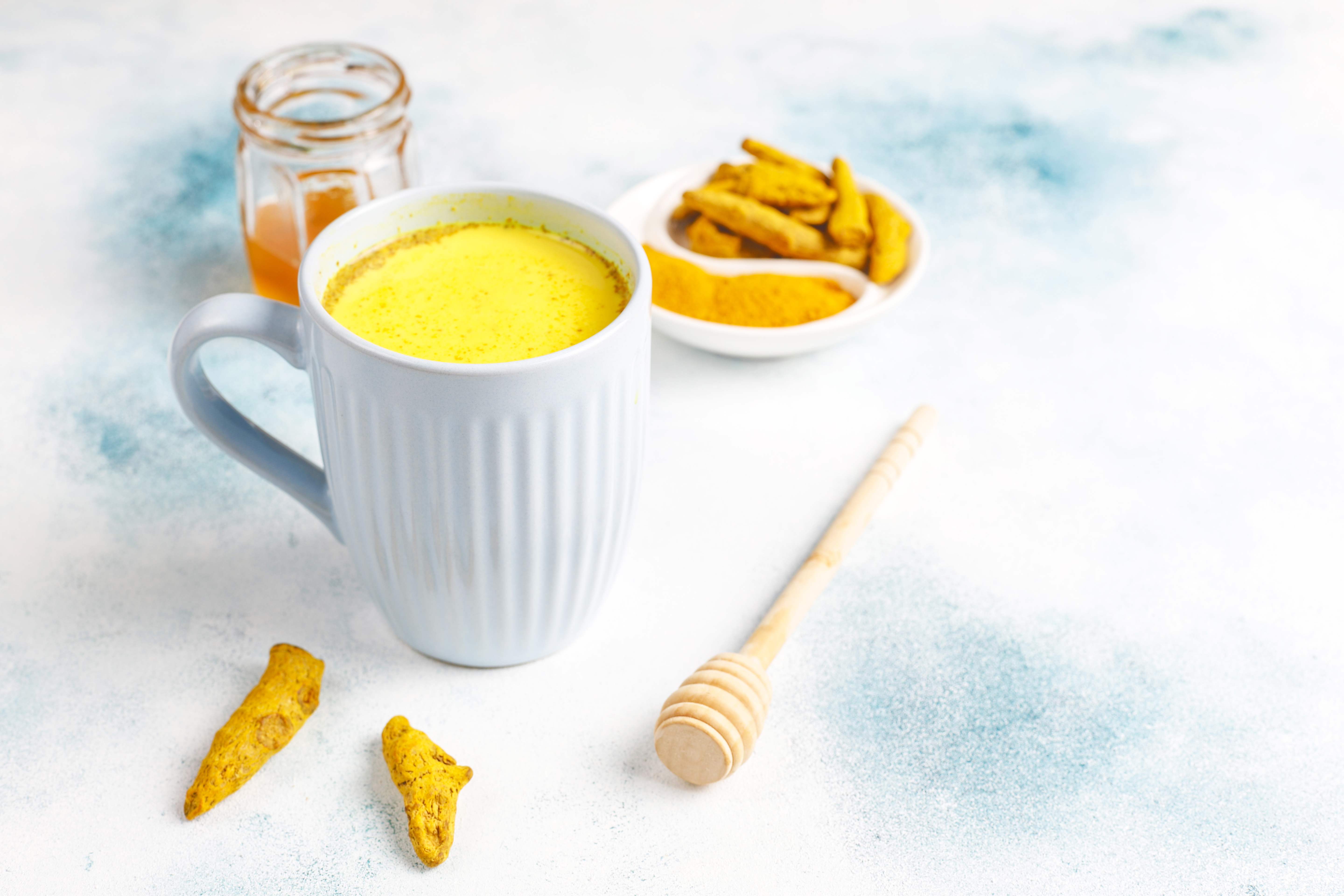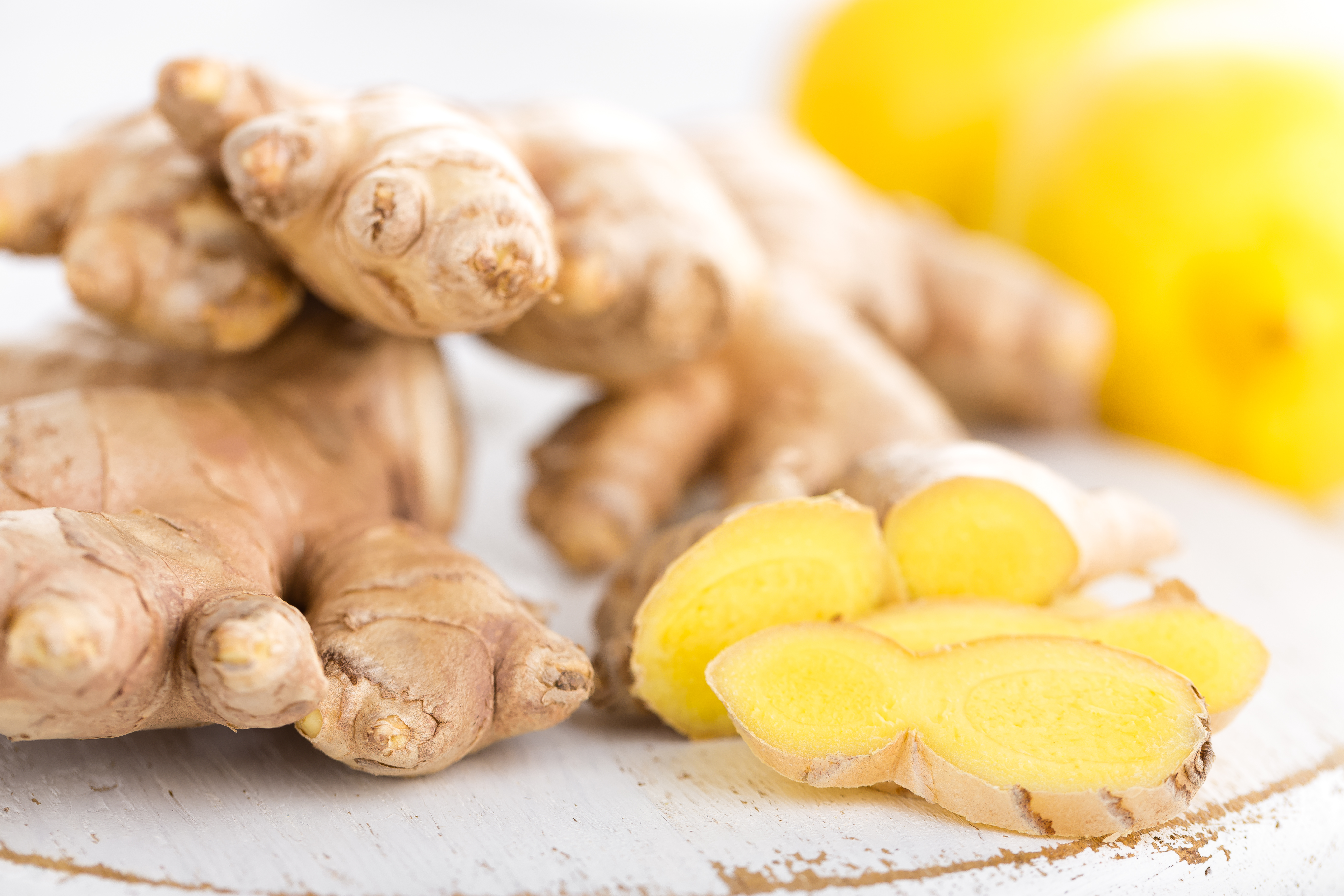22 Pantry Staples That Soothe Inflammation Like a Pro
Want to proactively tackle inflammation, the silent culprit behind many chronic diseases? Your kitchen pantry holds the key! Forget complicated regimens; simple, everyday ingredients possess remarkable anti-inflammatory superpowers. We've curated and expanded our list to feature 22 must-have pantry staples, backed by science, that can help you soothe your system naturally and deliciously. Ready to transform your pantry from just storage into your personal wellness arsenal? Let's dive into these easy-to-use, effective wonders and take control of your health, one tasty ingredient at a time!
1. Turmeric - The Golden Healer

Turmeric, a vibrant yellow spice commonly found in kitchens worldwide, is renowned for its anti-inflammatory properties. The active compound in turmeric, curcumin, has been extensively studied for its ability to inhibit the molecules that cause inflammation. Curcumin achieves this by blocking the nuclear factor kappa B (NF-kB), a protein complex that plays a key role in inflammatory processes. Incorporating turmeric into your diet can be as simple as adding it to soups, stews, or smoothies. For enhanced absorption, pair turmeric with black pepper, which contains piperine—a compound known to increase curcumin's bioavailability by up to 2000%.
2. Ginger - Nature’s Anti-Inflammatory Root

Ginger, a staple in both culinary and medicinal traditions, is another potent anti-inflammatory agent. The rhizome contains gingerols and shogaols, compounds that have been shown to reduce inflammation and pain. Ginger's effectiveness in alleviating symptoms of arthritis and muscle soreness is well-documented. To incorporate ginger into your routine, consider making ginger tea by steeping fresh slices in hot water or adding grated ginger to stir-fries and baked goods. Its versatility and distinctive flavor make it an easy addition to many dishes, providing both health benefits and culinary delight.
